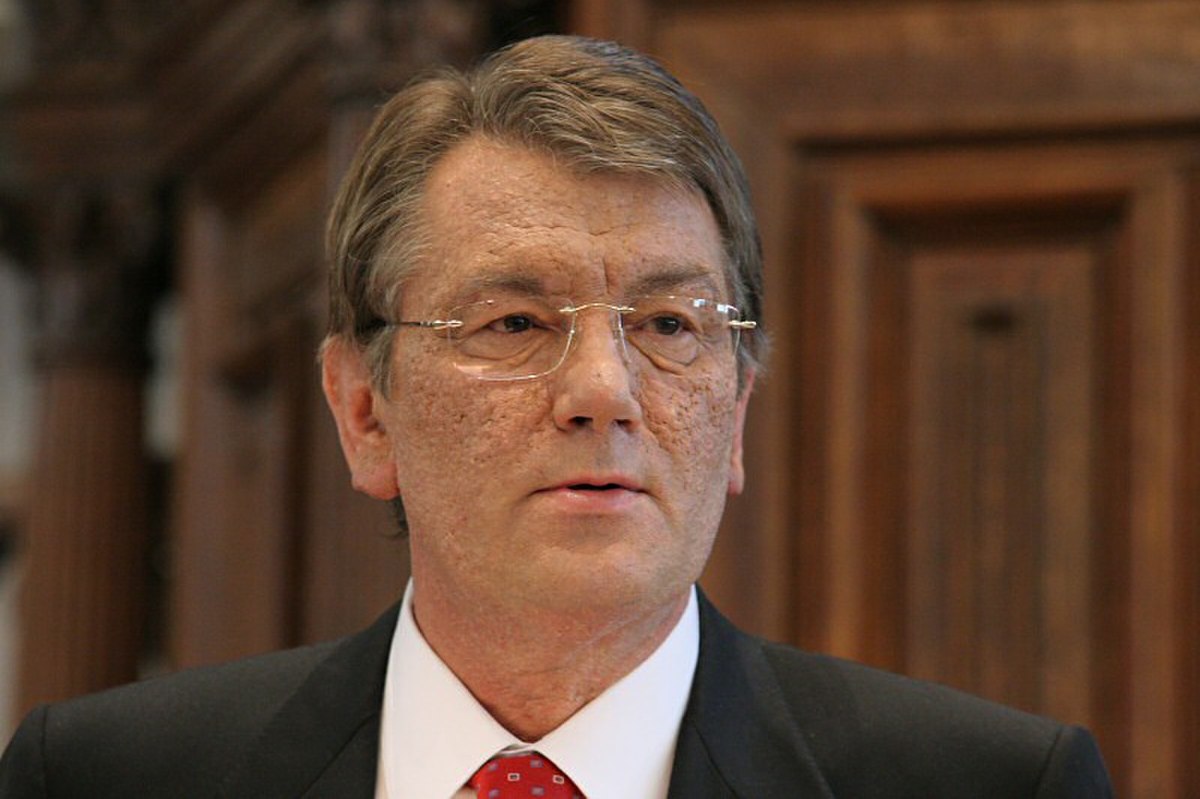
Yushchenko Presidency
UkraineIn March 2006, Ukraine's parliamentary elections led to the formation of the "Anti-Crisis Coalition," comprising the Party of Regions, the Communist Party, and the Socialist Party, the latter having defected from the "Orange Coalition." This new coalition appointed Viktor Yanukovych as Prime Minister, and Oleksander Moroz of the Socialist Party secured the position of parliament chairman, a move seen by many as pivotal for his departure from the Orange Coalition.
President Yushchenko dissolved the Verkhovna Rada in April 2007, citing defections from his party to the opposition, a decision that was met with accusations of unconstitutionality by his opponents. During Yushchenko's presidency, Ukraine-Russia relations were tense, particularly highlighted by a dispute over natural gas prices with Gazprom in 2005, which also affected European countries dependent on gas passing through Ukraine. A compromise on this issue was eventually reached in January 2006, with a further agreement in 2010 fixing the price of Russian gas.
The presidential election of 2010 saw former allies Yushchenko and Tymoshenko, key figures in the Orange Revolution, become adversaries. Yushchenko's refusal to support Tymoshenko against Yanukovych contributed to a split in the anti-Yanukovych vote, leading to Yanukovych's election as president with 48% of the vote in a run-off ballot against Tymoshenko, who secured 45%. This division among former Orange Revolution allies marked a significant shift in Ukraine's political landscape.
